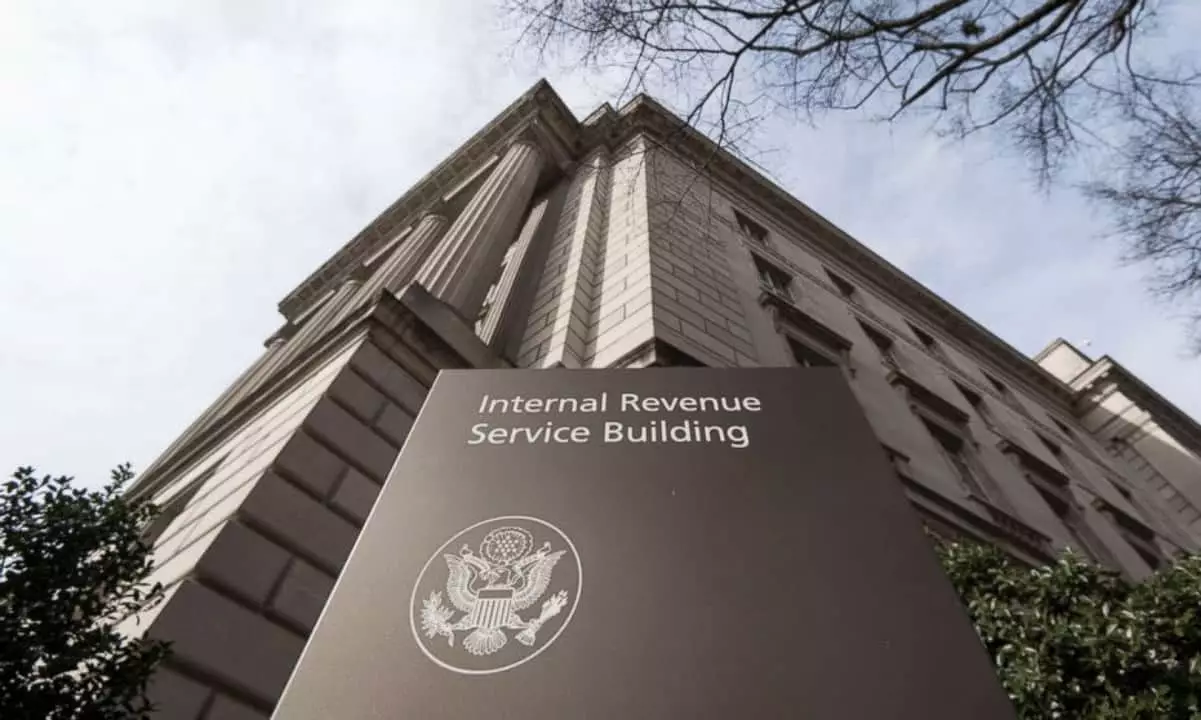As the landscape of cryptocurrency continues to evolve, the approach of regulatory bodies toward handling these digital assets is also transforming significantly. Starting in 2025, a wave of new Internal Revenue Service (IRS) reporting requirements will be introduced for cryptocurrency transactions on centralized exchanges (CEX). For both novice and seasoned investors, these changes promise to complicate an already intricate tax landscape, demanding fresh strategic considerations for compliance and record-keeping.
One of the most noteworthy aspects of the upcoming regulations is the introduction of a new reporting form, the 1099-DA. This form will be pivotal for taxpayers involved in buying and selling cryptocurrencies through custodial accounts on popular platforms like Coinbase, Binance, and Gemini. Unlike the previous lack of standardization in reporting, these new requirements mandate brokers—spanning custodial exchanges, certain wallet providers, and digital kiosks—to furnish detailed reports of all transactions. By early 2026, this information will be dispatched simultaneously to both the IRS and the respective taxpayers, enhancing transparency and accountability.
The imposition of comprehensive reporting means that taxpayers must be more vigilant in keeping their records accurate, particularly since discrepancies between reported transactions and a taxpayer’s returns could trigger audits or penalties. With the IRS now having access to this transactional data, each taxpayer must ensure that their returns are meticulously aligned with what has been reported about their activities.
An essential component of accurately determining tax liabilities is understanding the cost basis—the original purchase price of a digital asset. While the IRS has stated that brokers will not be required to report cost basis information until the 2026 tax year, this delay could pose challenges for taxpayers trying to calculate their taxable gains. Jessalyn Dean from Ledgible highlights the potential for confusion, as investors may struggle to accurately report their gains or losses if they lack proper historical data regarding their asset purchases.
Given that accurately calculating gains and losses is vital for determining tax obligations, procrastination in gathering this data might lead to hurdles in filing compliant returns. Investors, therefore, must adopt proactive measures in their record-keeping practices well ahead of the new regulations coming into effect.
The regulatory framework for decentralized finance (DeFi) operates on a different timetable. For example, transactions executed on decentralized exchanges like Uniswap and SushiSwap will not see third-party reporting until 2027. These platforms will only disclose the gross proceeds of trades, as they do not retain information regarding the cost basis. Consequently, traders utilizing these platforms need to be particularly conscious of their own record-keeping if they want to report their tax liabilities accurately.
This creates a dual challenge: investors must remain informed about evolving regulations across both centralized and decentralized platforms while also ensuring their self-reported transactions match any potential future disclosures.
The new regulations will also affect investors engaged in spot Bitcoin exchange-traded funds (ETFs). According to the upcoming requirements, ETF providers will issue forms such as the 1099-B or 1099-DA, providing details not just about sales proceeds but also any related taxable events. Dean’s advice for Bitcoin ETF investors to consult tax advisers underlines the intricacies of navigating taxable gains, which can occur from the fund’s internal management, separate from the long-term holding strategies of the underlining asset.
This parallel reporting introduces an added layer of complexity, emphasizing that even passive investors in such structures need to remain informed about potential tax implications stemming from fund activities.
The impending IRS regulations on cryptocurrency transactions signal a significant shift in how digital assets are treated within the American tax framework. These developments necessitate that all investors—whether they engage with custodial exchanges or decentralized platforms—develop sound record-keeping habits and strategies to navigate the complexities of compliance, tax reporting, and investment management. As these regulations mature, the onus will be on investors to stay educated and proactive to avoid pitfalls on the road to financial clarity and accountability in this rapidly changing market.

